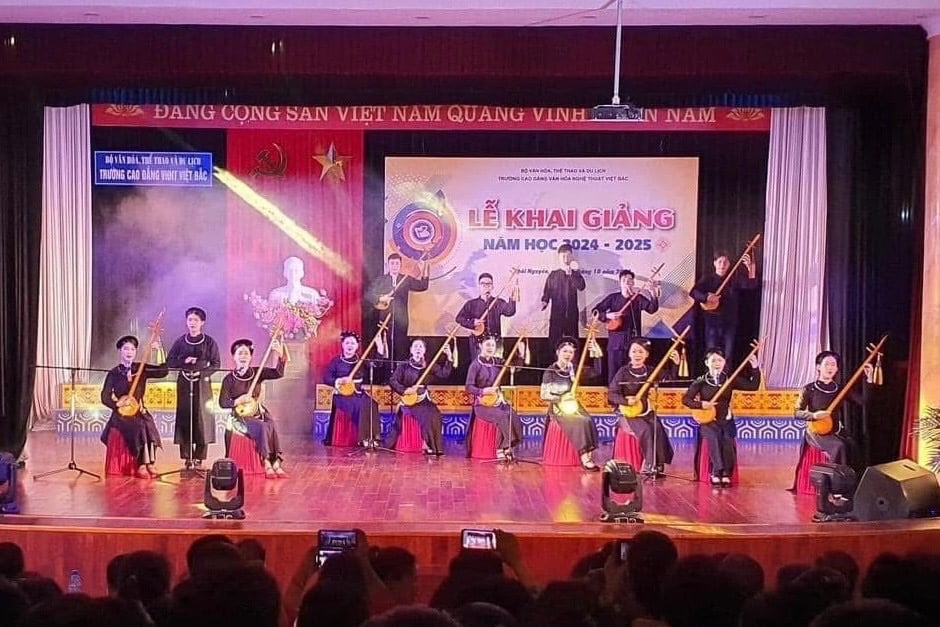
"Nurturing" cultural human resources
Vietnam is a multi-ethnic country, where each region and community contributes to a unified yet diverse cultural landscape. In the ever-changing rhythm of society, preserving and promoting traditional arts is not only a responsibility but also a mission for those working in the cultural sector.
Art education therefore plays a special role, not only connecting the past with the present, but also creating a foundation for heritage to continue to be nurtured in contemporary life.
From art schools, the younger generation is inspired with passion, nurtured with knowledge and love for national culture, so that every musical instrument, dance, and song today becomes a lasting link in tradition.
Established in 1965, Viet Bac College of Culture and Arts is one of the leading specialized training institutions in the country, with the mission of training human resources in culture, arts, and tourism for the northern mountainous provinces in particular and the whole country in general.
This is also the only institution that provides formal training in the traditional art forms of ethnic minority communities.
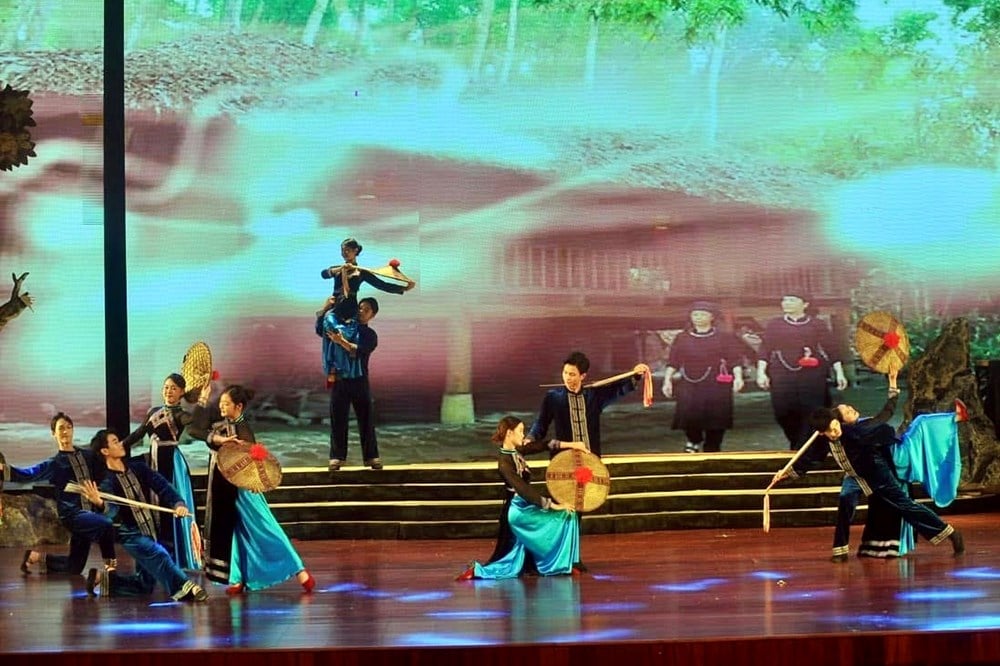
Over nearly six decades, Viet Bac College of Culture and Arts has continuously innovated its facilities and built a team of lecturers consisting of People's Artists, Meritorious Artists, doctors, and masters – individuals who not only teach and create but also "pass on" their passion to the next generation.
The school actively collaborates with theaters, art troupes, and folk artists, helping students learn by doing, gain practical professional experience, and confidently participate in performances, festivals, and cultural exchanges.
Currently, the school offers training in 30 fields, including music, dance, fine arts, cultural services, and tourism.
These include four key national-level programs: Vocal Music, Traditional Instrumental Performance, Western Instrumental Performance, and Folk Dance, with an enrollment scale of over 80 students each year.
Two talent training programs: Traditional musical instrument performance and Ethnic folk dance performance.
Three "rare" fields of special value in heritage preservation include: folk singing and Then music, traditional musical instrument performance, and ethnic folk dance. Despite the difficulty in recruiting students, the school perseveres, venturing into remote areas to select and maintain a stable training scale of over 50 students each year, ensuring that the flow of traditional art is not interrupted.
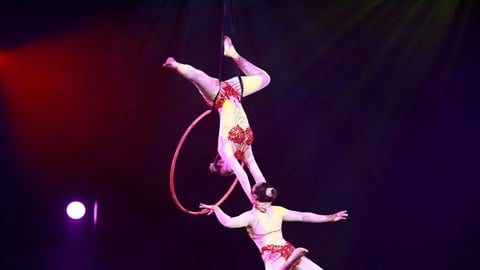
Circus training: Professionalism from a specialized foundation.
What is valuable is that each admitted student is not just a "quota" but also a "cultural seed," carrying within them the mission to continue the lifeblood of national art that is gradually fading away.
As many elderly artists retire from the stage, the presence of a well-trained younger generation provides a new source of vitality, ensuring that traditional cultural values are continued, spread, and sustainably thrive in contemporary life.
From this school, many generations of artists, teachers, and cultural managers have grown up, including 3 People's Artists, 35 Meritorious Artists, and thousands of artists, actors, and cultural officials.
Generations of students and faculty from the school have also won hundreds of national and international awards, with more than 50 gold, silver, and bronze medals at professional festivals, and many works of art preserved in national museums.
Training linked to heritage preservation.
Viet Bac College of Culture and Arts is not only a place for teaching vocational skills, but also a "school in the heart of heritage" – where folk culture, music, dance, fine arts, and community life are intertwined in every lesson.
There, each lesson and each performance is not simply an artistic practice, but a journey of "living with heritage," allowing students to feel, understand, and continue the values of national culture with both knowledge and heart.
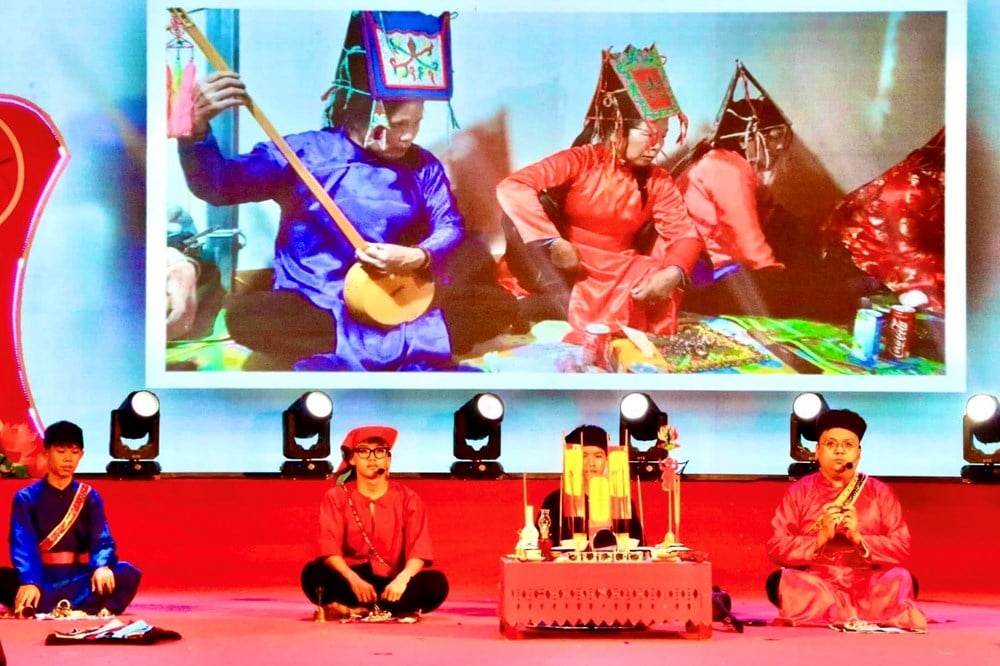
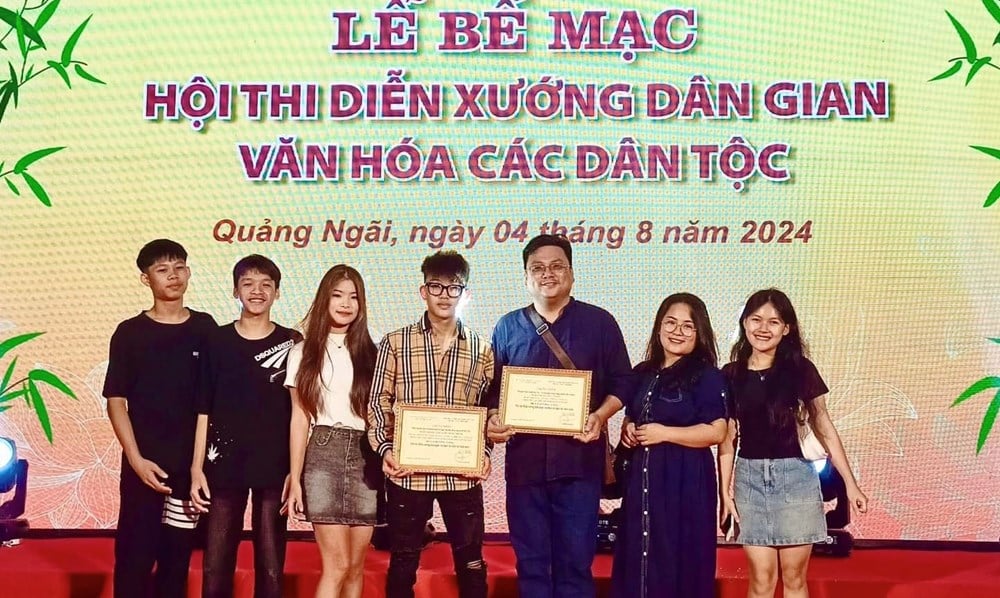
Preserving and promoting national culture is not only a duty, but has become a guiding educational philosophy of the school. This is also a way to cultivate character, personality, and national pride in the younger generation.
In particular, the field of folk performing arts – Then singing and playing – is a vivid example. Since Then Tày – Nùng – Thái was inscribed by UNESCO as a representative intangible cultural heritage of humanity, training in this art form right in the heart of the Thái Nguyên heritage region has meant a "revival" for folk art.
As the only institution in the country providing formal training in Then singing and playing, the school plays a vital role in ensuring that this heritage is not only preserved but also continues to spread in contemporary life.
Alongside that, the field of ethnic folk dance Contributing to the research, restoration, and performance of rare dances of ethnic minorities in the northern mountainous region such as Tac Xinh (San Chay), Khen Mong, Chuong Dao, Then Tay...
Many performances staged here have become "cultural ambassadors" of Vietnam on national and international stages.
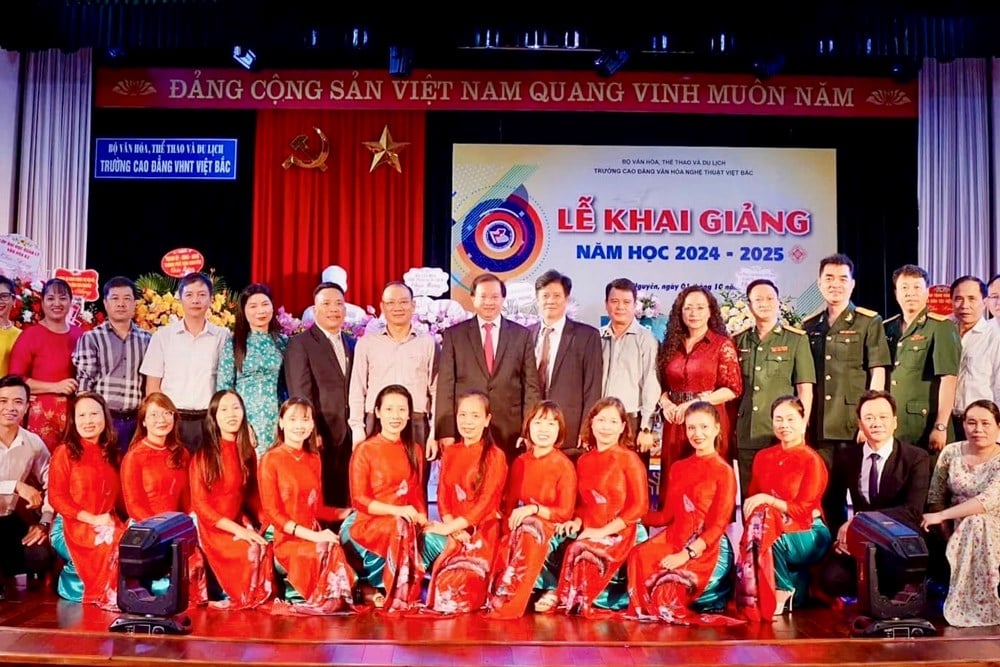
The school's mission extends beyond the classroom, through its recruitment trips to remote mountainous regions.
From Dong Van and Meo Vac to Xia Man, Trung Khanh, Bao Lac, and Bao Lam... the footsteps of teachers reaching out to each village are not only for student recruitment, but also to "awaken" the artistic potential hidden amidst the mountains and forests.
It is a journey of sowing seeds, "seeking and preserving the soul of the nation," bringing educational opportunities to underprivileged areas, and, more importantly, preserving Vietnamese songs, dances, musical instruments, and festivals.
For nearly 60 years, Viet Bac College of Culture and Arts has become a cultural pillar of the highland region, contributing to preserving and spreading national identity.
The presence of Viet Bac College of Culture and Arts plays a crucial role in preserving and developing unique traditional art forms. The college deserves targeted investment to continue spreading heritage values and training artistic human resources for regions across the country.
Source: https://baovanhoa.vn/van-hoa/giu-mach-dao-tao-nghe-thuat-truyen-thong-trong-xu-huong-doi-moi-176676.html



![[Photo] Prime Minister Pham Minh Chinh receives the Governor of Tochigi Province (Japan)](/_next/image?url=https%3A%2F%2Fvphoto.vietnam.vn%2Fthumb%2F1200x675%2Fvietnam%2Fresource%2FIMAGE%2F2025%2F12%2F16%2F1765892133176_dsc-8082-6425-jpg.webp&w=3840&q=75)

![[Live] 2025 Community Action Awards Gala](/_next/image?url=https%3A%2F%2Fvphoto.vietnam.vn%2Fthumb%2F1200x675%2Fvietnam%2Fresource%2FIMAGE%2F2025%2F12%2F16%2F1765899631650_ndo_tr_z7334013144784-9f9fe10a6d63584c85aff40f2957c250-jpg.webp&w=3840&q=75)
![[Image] Leaked images ahead of the 2025 Community Action Awards gala.](/_next/image?url=https%3A%2F%2Fvphoto.vietnam.vn%2Fthumb%2F1200x675%2Fvietnam%2Fresource%2FIMAGE%2F2025%2F12%2F16%2F1765882828720_ndo_br_thiet-ke-chua-co-ten-45-png.webp&w=3840&q=75)
![[Photo] Prime Minister Pham Minh Chinh receives Lao Minister of Education and Sports Thongsalith Mangnormek](/_next/image?url=https%3A%2F%2Fvphoto.vietnam.vn%2Fthumb%2F1200x675%2Fvietnam%2Fresource%2FIMAGE%2F2025%2F12%2F16%2F1765876834721_dsc-7519-jpg.webp&w=3840&q=75)





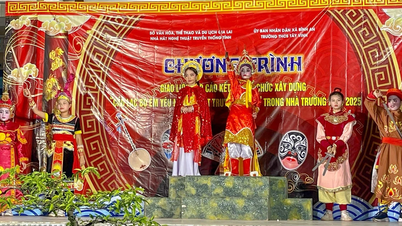

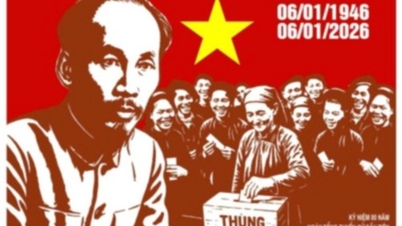
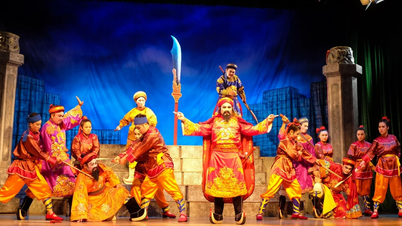







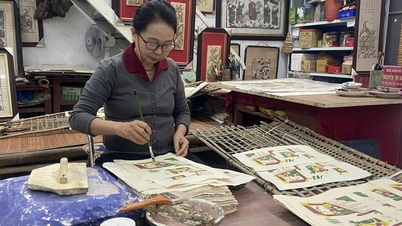













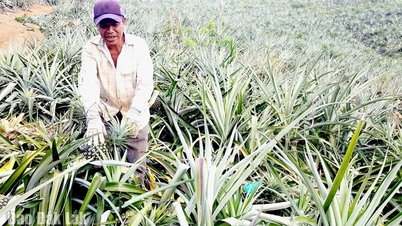












































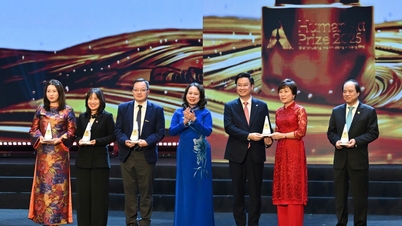























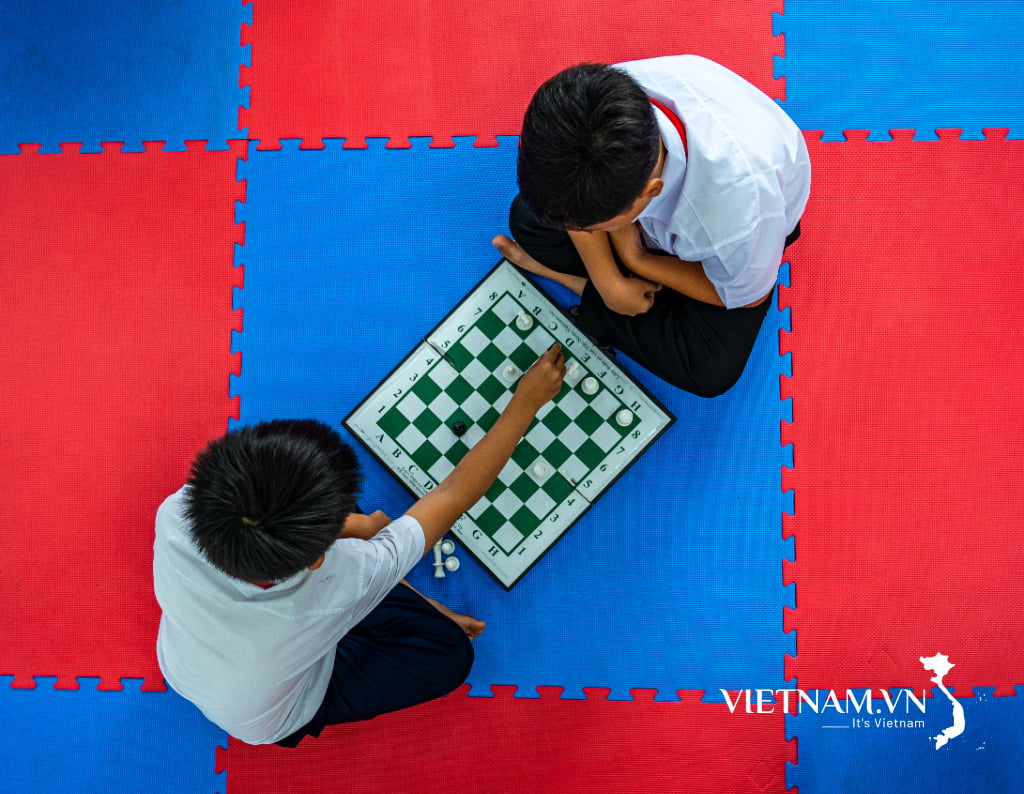


Comment (0)